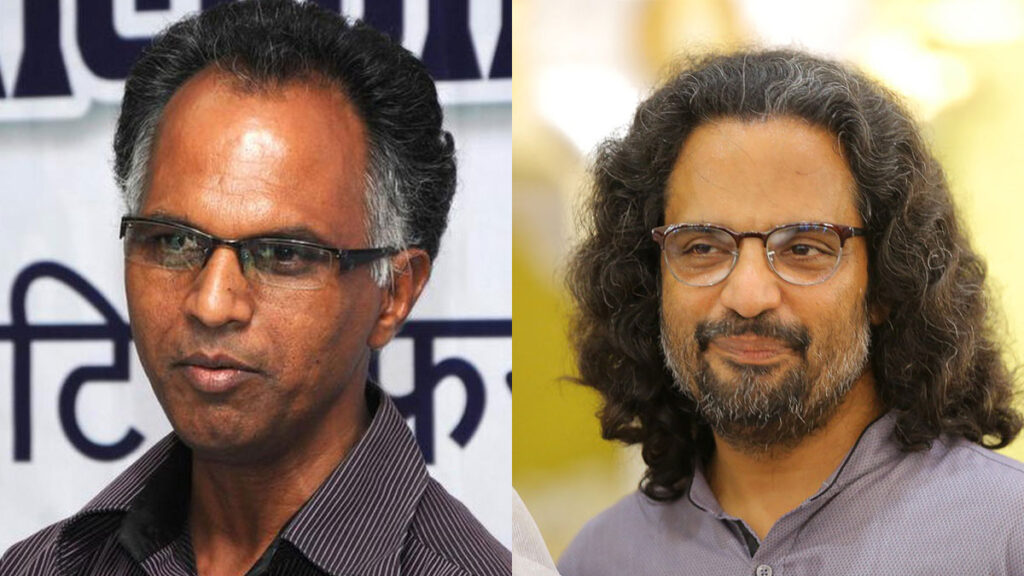The Bombay High Court on Wednesday, January 8, granted bail to researcher Rona Wilson and activist Sudhir Dhawale, accused in the Bhima Koregaon-Elgar Parishad case, providing significant relief after over six years of incarceration.
A division bench comprising Justices Ajay Gadkari and Kamal Khata emphasised the prolonged pre-trial detention of the accused as a crucial factor in its decision. The court noted that Wilson and Dhawale have been in custody since their arrest in 2018, with charges yet to be framed. The prosecution has listed over 300 witnesses, making the conclusion of the trial in the foreseeable future highly unlikely. The bench referred to the precedent set by the Supreme Court in Union of India vs KA Najeeb, which held that prolonged incarceration could justify bail, particularly when trial delays are apparent.
The court refrained from making any observations on the merits of the case, following requests from Additional Solicitor General Devang Vyas and other representatives of the prosecution, including Special Prosecutor Sandesh Patil and advocate Chintan Shah. Instead, it confined its ruling to procedural and constitutional grounds.
Bail was granted subject to strict conditions, including furnishing a bail bond of ₹1 lakh each. Wilson and Dhawale are prohibited from tampering with evidence, leaving Mumbai without prior permission from the special court, or accessing their passports. They must also provide their mobile contact information to the prosecution and report to the National Investigation Agency (NIA) headquarters in Mumbai every Monday.
This decision comes after a history of contested bail pleas. In July 2024, the Bombay High Court denied default bail to Wilson, Dhawale, and three other accused in connection with the case. Both Wilson and Dhawale were arrested in 2018 under charges framed under the Unlawful Activities (Prevention) Act (UAPA).
The Bhima Koregaon case originates from the Elgar Parishad event held on December 31, 2017, in Pune. The event was organised to commemorate the bicentennial of a significant 1818 battle where Dalit soldiers under the British army defeated the ruling Peshwa, a Brahmin. Organised by activists and intellectuals, including retired Supreme Court judge Justice PB Sawant and retired Bombay High Court judge Justice BG Kolse-Patil, the event faced backlash and was followed by violent clashes between Dalit and Maratha groups. These clashes, which resulted in one death and several injuries, led to the filing of three First Information Reports (FIRs).
The most controversial FIR, registered on January 8, 2018, alleged that Leftist groups with Maoist affiliations orchestrated the violence. This FIR formed the basis of the arrests of 16 accused individuals, including Wilson and Dhawale, and resulted in the filing of three voluminous chargesheets.
While the detailed order of the High Court is awaited, the bail marks a critical development in a case that has drawn significant national and international attention for its implications on civil liberties and the criminal justice system in India.
Related:
Bhima Koregaon case: 5 years on, charges not framed despite repeat extensions
The Truth about the Elgaar Parishad | CJP
Bhima Koregaon case: Prof Anand Teltumbde granted bail on merits by Bom HC

